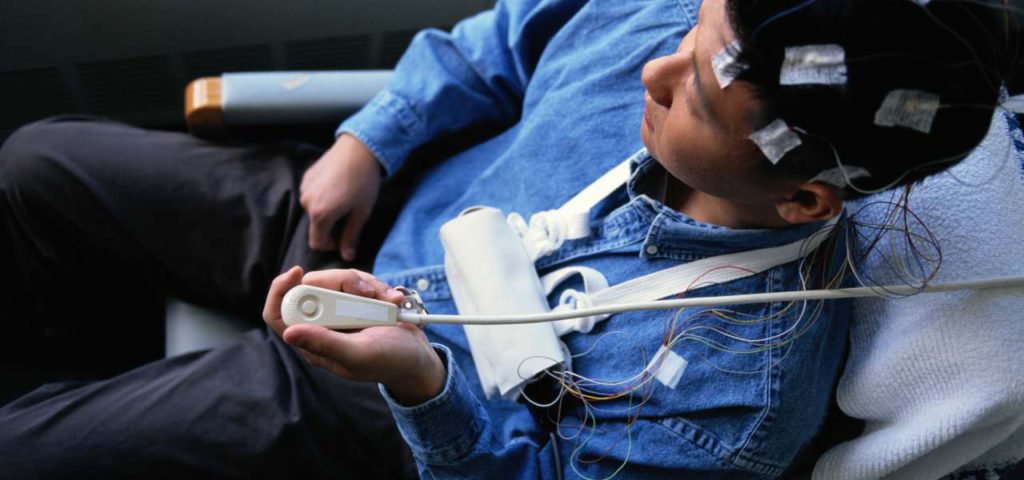In recent years, AI has emerged as a game-changer in various sectors, & healthcare is not the exception. India, with its huge population & diverse healthcare challenges, stands to gain immensely from AI-driven innovations. Here are some ways AI is serving as game changer in healthcare :
Early Detection and Diagnosis:
In India, where healthcare facilities are often concentrated in urban areas, AI can bridge the gap by providing remote diagnostic services. For instance, AI-enabled ECG devices can help in the early detection of cardiac arrhythmia, a condition that increases the incidences of stroke. Such technology can serve as paradigm shift for rural areas where medical facilities are scarce.

Seizure Monitoring and Prediction:
Epilepsy is a common neurological disorder in India. AI-enabled wristbands can not only diagnose but also predict seizures, offering a lifeline to patients and caregivers both. This technology can be particularly beneficial in remote regions where neurologists are hard to find.

Emergency Care and Sepsis Prediction:
Sepsis is a medical emergency that requires immediate intervention. AI can predict sepsis cases hours before clinicians can, thereby saving crucial time and lives. Hospitals across India can deploy this technology to reduce mortality rates, especially in emergency care units.

Skin Care and Early Detection of Cancer:
Skin cancer may not be as prevalent in India as in Western countries, but early detection remains crucial. AI-powered skin checking apps can offer preliminary diagnoses, encouraging people to seek medical advice sooner.

Drug Discovery and Development:
India is a hub for pharmaceutical development and drug research. AI can significantly reduce the cost, energy and time involved in drug discovery, making medication more accessible and affordable for the Indian population.

AI has the potential to transform healthcare in India, making it more efficient, effective, approachable, and personalized. However, the implementation of AI in healthcare also requires addressing challenges like data privacy and regulatory environment. As we move forward, it’s clear that AI will play an increasingly significant role in shaping the future of healthcare in India, offering new ways for improving patient outcomes and healthcare systems. By embracing AI, India can not only improve healthcare outcomes but also take long leap in becoming a global leader in healthcare technology.


